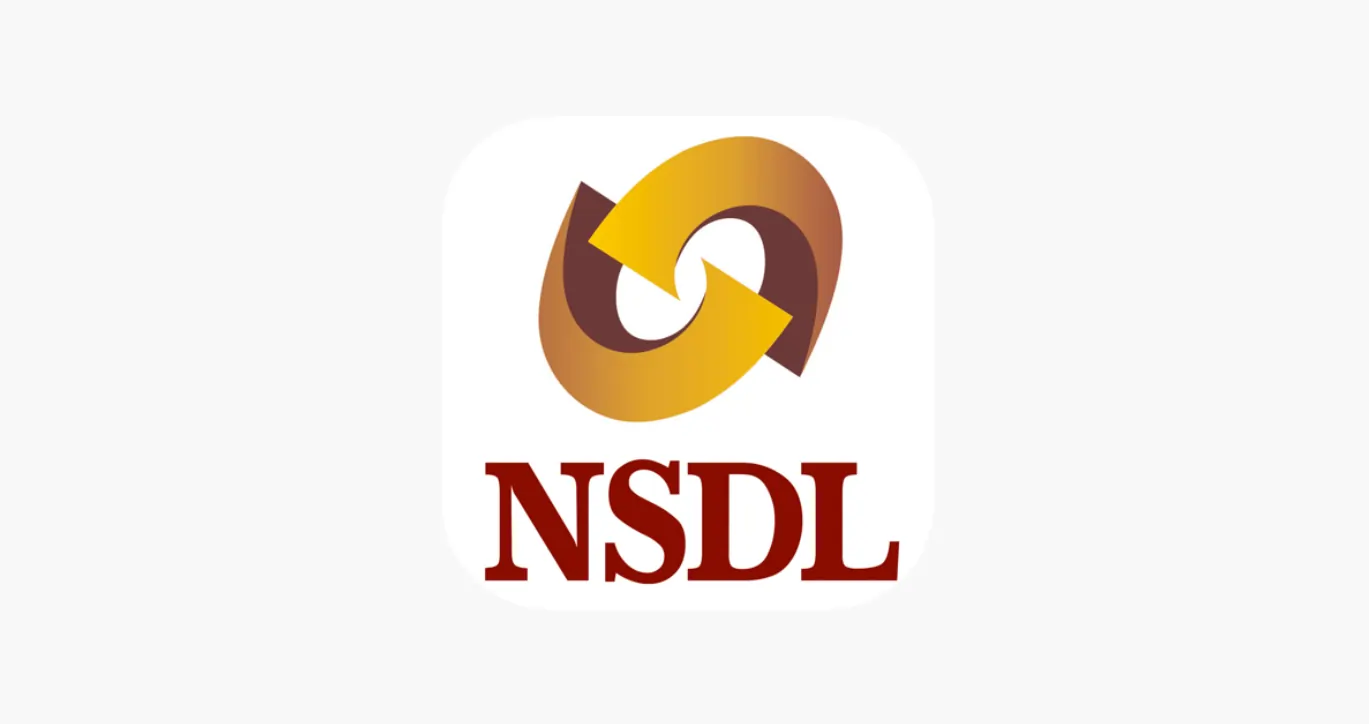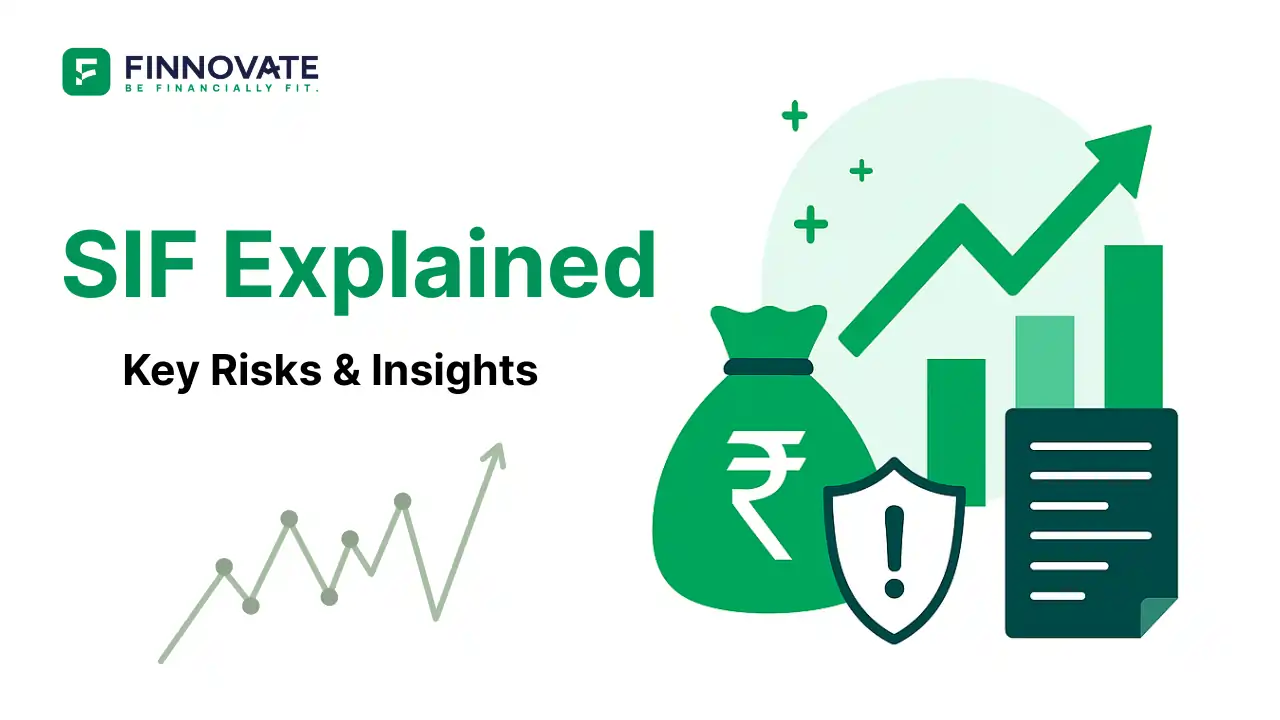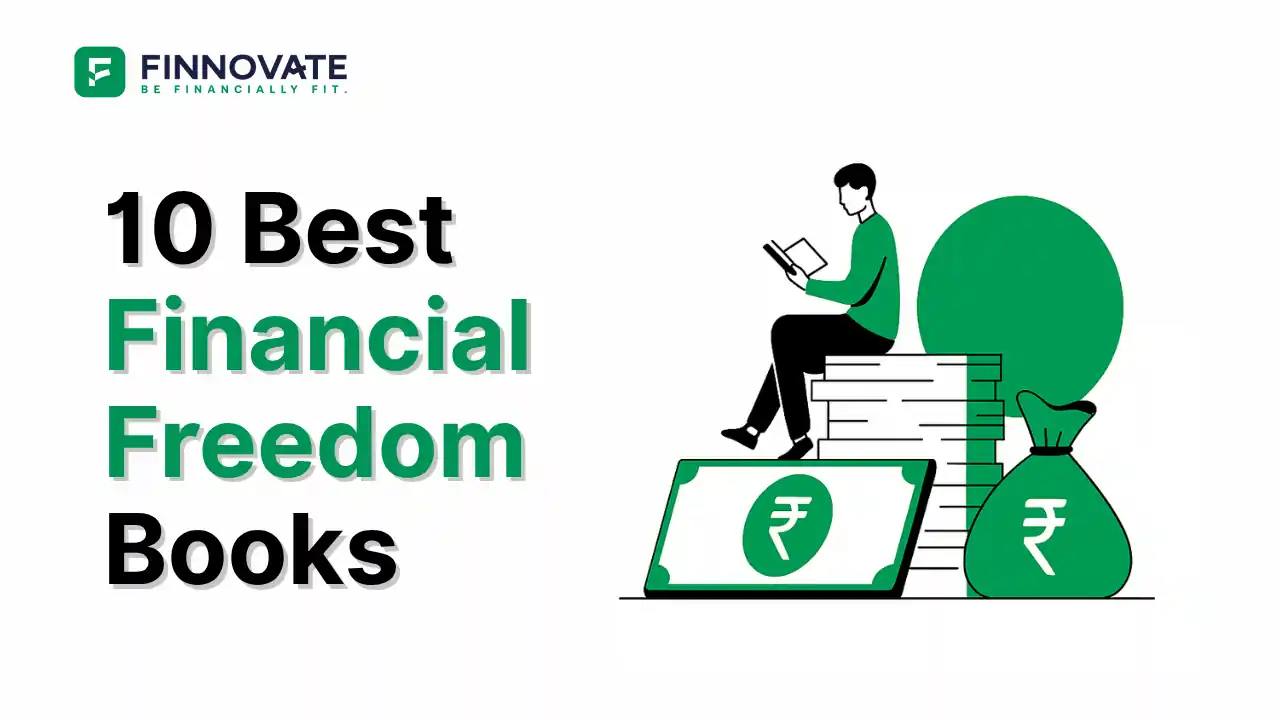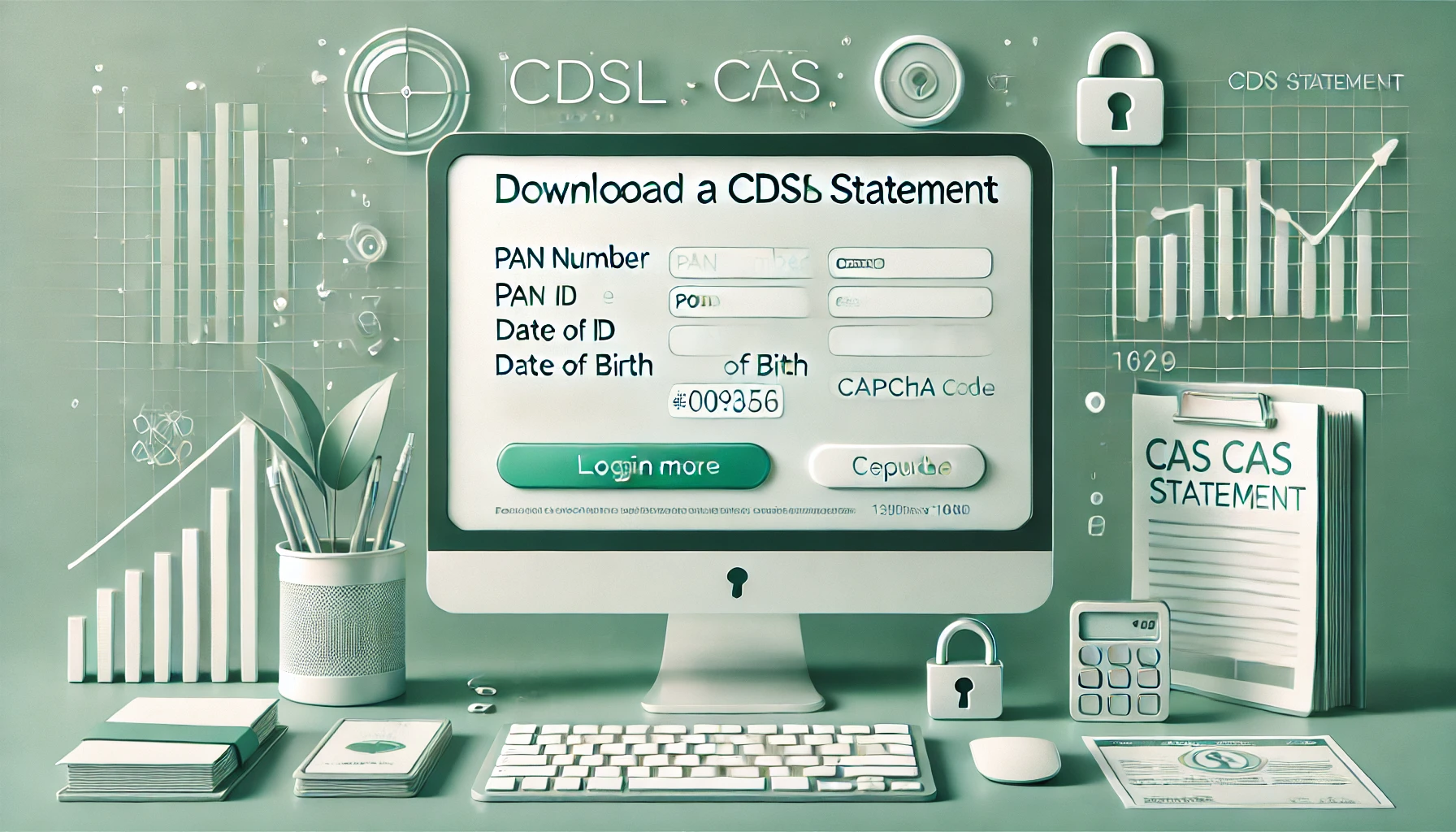
Michael Burry’s Palantir Short: AI Monetisation Is Key
Michael Burry’s Palantir put options bet highlights a bigger question for AI stocks: can...
Imagine buying shares of Apple or Tesla without the hassle of opening a US brokerage account. Sounds impossible? Not anymore.
With the launch of GIFT City - India’s first International Financial Services Centre (IFSC) - investors can now access global markets right from India, with fewer compliance headaches and potential tax perks.
This isn’t just another policy change - it’s a shift in how Indian investors can participate in the world economy. In this guide, we’ll walk you through what GIFT City is, IFSC, and exactly how you can invest through it.
GIFT City stands for Gujarat International Finance Tec-City. It’s located between Ahmedabad and Gandhinagar in Gujarat and is designed to be India’s own version of global finance hubs like Singapore or Dubai.
Inside GIFT City, there is a special zone called the International Financial Services Centre (IFSC). This IFSC is treated as if it’s “offshore” for certain financial activities - even though it’s physically in India.
Before GIFT City, wealthy Indians and companies often invested abroad through hubs like Singapore or Mauritius to enjoy easier global market access and tax benefits. This meant money was flowing out of India and those transactions were outside India’s jurisdiction. By setting up GIFT City IFSC, India brought foreign market access and tax-friendly rules inside its own borders.
Think of IFSC as a financial gateway:
Through GIFT City’s International Financial Services Centre (IFSC), you can access a variety of global and domestic investment products - many of which were harder or costlier to access earlier.
Think of GIFT City IFSC as a bridge between your Indian bank account and global stock exchanges. You’re still in India, but your transactions are handled in a way that’s treated like an offshore investment.
The Liberalised Remittance Scheme by RBI allows Indian residents to send up to USD 250,000 per financial year abroad for investments, education, travel, etc. Funding your GIFT City IFSC account falls under this limit.
If you’re new to GIFT City investing, here’s the exact process to get started:
Look for Indian brokers with an IFSC branch in GIFT City (e.g., Kotak Securities IFSC, Zerodha IFSC, HDFC Securities IFSC).
Check their:
Fill in the broker’s account-opening form for their GIFT City IFSC entity. Provide:
Note: This is separate from your normal Indian brokerage account.
Approach your bank (most major banks have LRS forms online). Fill the LRS remittance form stating:
The bank transfers funds to your broker’s IFSC account.
Once funds reflect in your IFSC account (usually 1–3 working days), you can:
Track performance in your broker’s IFSC platform.
Remember: Prices move due to both the asset’s performance and USD–INR exchange rate changes.
Even though your broker is in Gujarat, remember:
Unlike Indian stock transactions, you don’t pay Securities Transaction Tax (STT), Commodity Transaction Tax (CTT), or GST on most IFSC trades.
This slightly improves your net returns.
Investments via GIFT City IFSC are considered foreign assets for ITR purposes.
You must:
NRIs investing via GIFT City enjoy certain exemptions (especially if income is earned and retained in foreign currency), but need to check the Double Tax Avoidance Agreement (DTAA) with their country of residence.
Disclaimer: Tax rules may change. Please consult your tax professional for advice specific to your situation.
At Finnovate, we help professionals like you understand your options, weigh the risks, and build strategies that fit your life goals - safely, surely, and swiftly.
Book a Consultation or Contact Us to discuss how global investing via GIFT City can work for you.
GIFT City has quietly changed the way Indians can invest beyond our borders. It combines the convenience of dealing with an Indian broker, the reach of global markets, and - depending on the product - some tax advantages that were earlier available only to overseas investors.
Whether you’re looking to diversify with US stocks, hedge currency risk, or tap into global bonds and funds, GIFT City gives you a legal, streamlined way to do it - all while keeping your investments within India’s regulatory framework.
Like any investment, it’s not risk-free. Currency swings, product-specific risks, and evolving regulations mean you should approach it as part of a balanced portfolio, not a replacement for domestic investments.
Yes. GIFT City operates under the International Financial Services Centres Authority (IFSCA) and is fully regulated. Investments are funded via the RBI’s Liberalised Remittance Scheme (LRS), which is a legal route for sending money abroad for investments.
Resident Indians (using LRS), Non-Resident Indians (NRIs), Foreign investors (subject to applicable rules)
Yes. Even if you have a regular account with a broker, you must open a dedicated IFSC account with their GIFT City entity.
Usually yes, especially for small to mid-size investments, because you save on SWIFT transfer fees and have Indian KYC & support.
Currently, no. Cryptocurrencies are not an approved investment product under IFSCA rules.
Yes. Gains, interest, and dividends are taxable in India, though certain IFSC products enjoy exemptions or reduced rates.
Yes, you can keep them in your IFSC account in USD and reinvest without converting back to INR, until you choose to repatriate.
IFSC regulations can change. Always check your broker’s latest updates and RBI/IFSCA guidelines before making large commitments.
From a compliance and dispute-resolution point of view, yes - it’s within Indian jurisdiction, regulated by IFSCA, with Indian customer support.
Disclaimer: This article is for informational purposes only and does not constitute financial, investment, or tax advice. Please consult a qualified professional before making any investment decisions.
Popular now

Learn how to easily download your NSDL CAS Statement in PDF format with our step-by-step g...

Explore what Specialised Investment Funds (SIFs) are, their benefits, taxation, minimum in...

Looking for the best financial freedom books? Here’s a handpicked 2026 reading list with...

Learn How to Download Your CDSL CAS Statement with our step-by-step guide. Easy instructio...